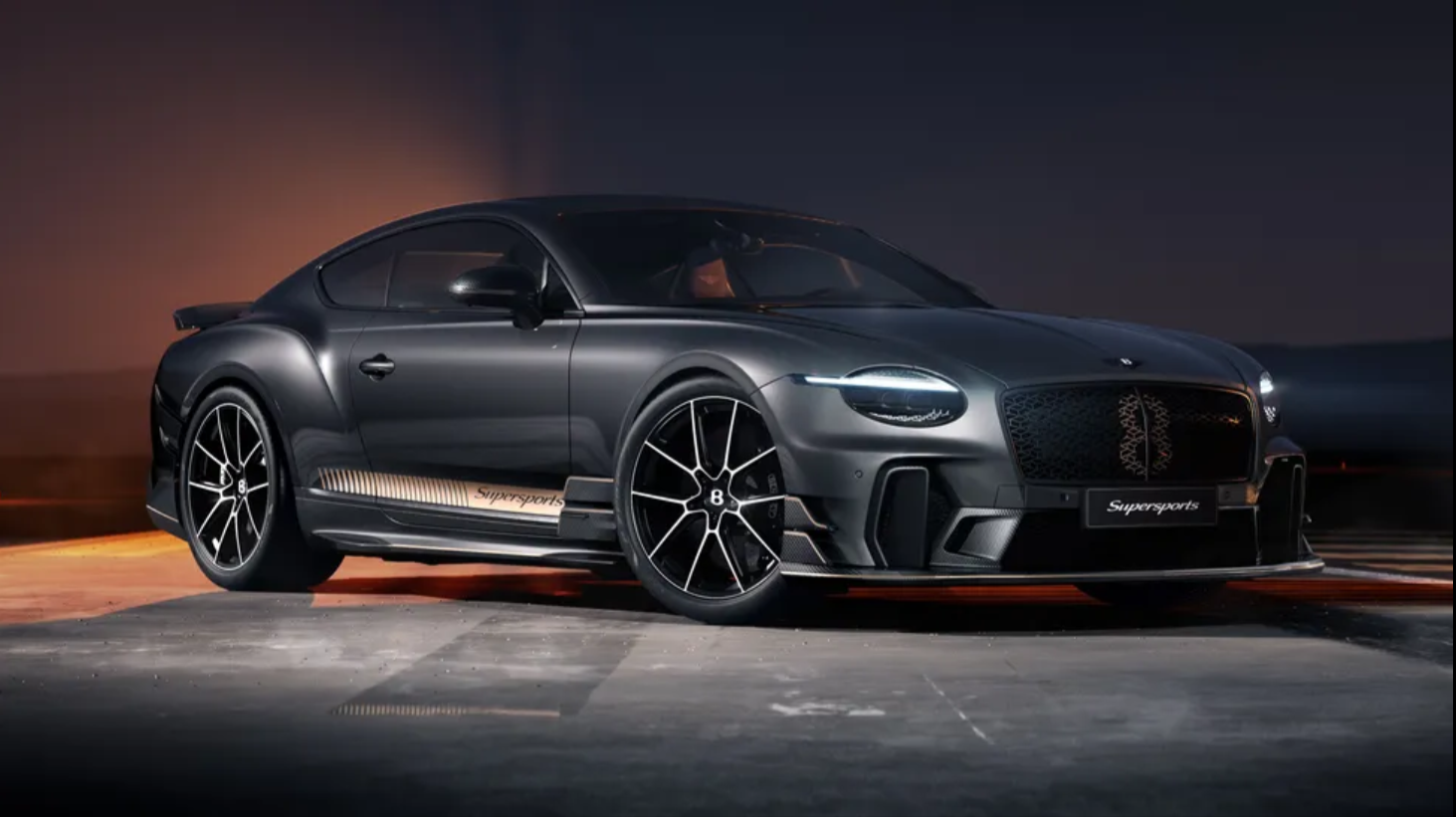It’s not a new phenomenon, of course. Formula E – long the poster child for emissions-free racing designed specifically to appeal to a younger, more electrically engaged audience – has been trying to do it for years. Barring the Covid outbreak, it’s had record audience numbers year after year.
Boasting some of the finest drivers on the planet – a lot of F1 refugees, for example – and held primarily in city centres for a different motorsport feel, the racing’s always been top dollar. But how does it turn from a ‘nice-day-out’ into the behemoth that, say, Formula 1 or even the WEC is? How does it grow?
He equates the complexity of the races themselves – drivers managing battery power, for example – to the same challenge EV drivers have out on the road. “This is how people engage when they see a sport, and they can imagine themselves doing something similar,” Volpe said.
It’s a point shared by Tanner Foust, who’s done – and still does – his share of electric racing. “You don’t need to sell the concept that electric cars are fast anymore,” he told TopGear.com. “The fastest car at the lights isn’t the dude with the gold necklace in the Lamborghini, it’s the person with a Tesla. Now it’s a matter of how we show innovation and technology, and how we keep motorsport a viable place to spend money for big sponsors.”
On that latter note, Foust takes an interesting tack. “It’s a difficult time as a manufacturer, because the biggest competitor for motorsport budgets is straight content on YouTube. You spend $5m to go race with other people and potentially lose, or $5m telling your story through video that probably has more eyeballs watching, and you don’t have a chance of losing.
“It’s a tough sell sometimes,” he added, “and I really worry. Motorsport has really benefited us over the last 100 years – benefited the reliability, safety and performance of transportation. If we lose that innovation through competition, it slows the development process.”
He points to this development process and how Formula E now allows manufacturers to utilise their own tech rather than using spec parts. “So they can sell on Monday what they race on Sunday,” he said, “and once you make that connection with EV racing, then I think we’re off.”
Nissan driver Sacha Fenestraz agrees on supporting people ‘who don’t really understand Formula E’, but also that lessons need to be learned from Formula 1. “Giving fans the opportunity to watch the onboards of every car, listen to the team radios – I think that’s also a good way of showing the fans what we go through [as drivers].
“Also maybe a support category so we’re not the only race over the whole weekend,” he added.
Fenestraz’s teammate Norman Nato reckons more needs to be done to highlight the sheer level of work involved in getting one of these Gen3 cars not just to the track, but around it quickly. “There is a lot of teamwork, a lot of hours spent in the simulator and so on, that we’re not talking enough about. It’s a shame because Formula E is a championship which is really open for the fans. I think we can do more.”
Foust too, reckons future motorsport will need to do more. “A lot of petrolheads may not like this, but one thing about Extreme E is they found ways to make motorsport a little less impactful. Simple stuff like no plastic bottles and bringing your own cutlery.
“Grandiose ideas – like hydrogen – will take time to implement, but even the simplest steps might be enough to keep a lot of the main sponsors that fund motorsport interested,” he said.
Though, there’s another electric motorsport series whose USP is quite literally to be as impactful as possible… through gravity defying jumps. “It’s like Eighties Group B rally, with 1,000bhp electric cars,” Travis Pastrana told TopGear.com about the wild Nitro RX series. “Yeah, it's awesome. We’ve got a lot of work to do, but we’ve got some great investors now, and we’ve improved the concept.
“In the next two years this is going to be significantly better. The entertainment is going to be amazing,” he adds. It’s already fairly spectacular – as TG’s hotride in a 1,000bhp Nitro RX car earlier this year proved – and it’s this entertainment element, the ‘holy moly that’s insane’ factor that Pastrana reckons can really send EV motorsport into the next level.
“Excite. The. Fans,” he said. “A lot of my friends are like, ‘electric is awesome when you’re in it, sure, but watching it I need the sound’. I understand the sentiment of things. You know, if NASCAR ever went electric, I think that would crush it. You need to feel that power when they come off the corners.
“But this is the perfect electric sport. We can have these cars go so fast and be so quick to accelerate over short durations – we can make these cars fly, man. That makes them exciting.
“Our job is to make electric cool.”
Source











.jpg)


.jpeg)

.jpeg)
.jpeg)

